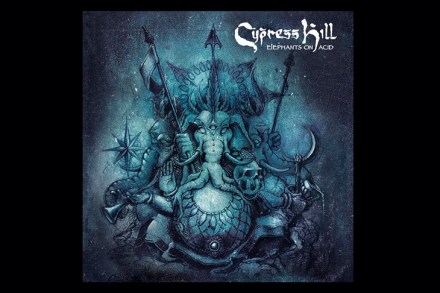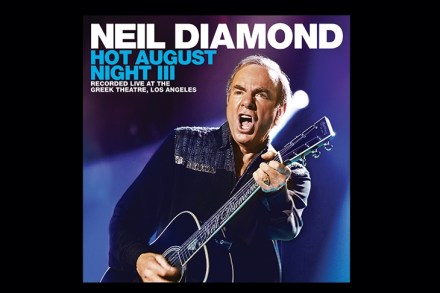Needed a shot of Stolichnaya: The Tchaikovsky Project reviewed
Grade: B+ I’m not sure about ‘Projects’. Aren’t those what ageing rockers produce, in a haze of sedatives, when their ego finally outgrows their talent? In classical music, there’s something unseemly about the idea of Maestro X condescending to bestow their attention upon music that is — or should be — bigger than they’ll ever be. Still, the conductor here is the Russian-born Semyon Bychkov, unambiguously one of the good guys, who, after decades spent paying his dues, has recently hit the sweet spot where every note speaks, every gesture ignites, and — crucially — critics actually notice. This Tchaikovsky box celebrates his relationship with the Czech Philharmonic, an orchestra



















